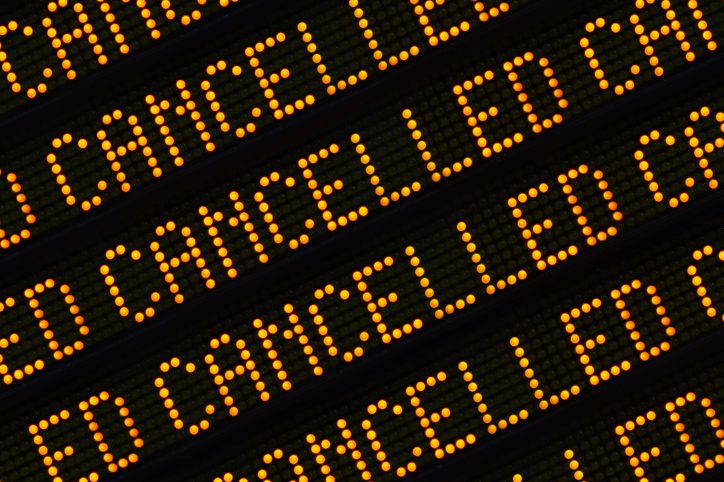Public transport strikes – your employment rights if you are unable to get to work

Authored by DAS
Millions of passengers are bracing for another difficult day as unions have announced a strike on 27 July 2022
The UK witnessed the largest rail strike in over thirty years in late June 2022, which severely impacted people’s ability to get to work. But what happens if you can’t make it to work due to transport issues? Can your employer request you to take a day off or refuse to pay employees?
Simon Roberts, Senior Associate at DAS Law, looks at some key legal facts you need to know if you’re an employee and struggle to make it to your place of employment the day of a strike…
If my place of employment is closed due to the strikes, can I still get paid?
If your employer chooses to close their business due to a strike, you should be entitled to be paid if you were available to work. Generally, under a contract of employment your employer has an obligation to provide work to an employee and an employee is required to do the work provided. Therefore, if you attend work and find it is closed, you are entitled to be paid. In reality this rarely happens as employers will put in place plans such as work from home or a planned shutdown where holidays are utilised.
Do I get paid on a zero-hour strike if I can’t get to work during a strike?
If you and your employer agree work for a particular day/shift you fail to come in due to a strike, then you will not normally be paid.
Once work is agreed, the onus is on you is to turn up and do the work. If you don’t come in for then your employer is not obliged to pay you.
Do I get paid if not on zero-hour contract?
Similar to the above. If you are an employee and you fail to come into work due to a strike, you are not normally entitled to be paid. Some employers may still pay employees, but this would be linked to a term in your contract.
Can I claim travel expenses if I can’t get to work?
Generally, it is your responsibility/expense to get yourself to work. Unless agreed by your employer, you cannot claim extra travel expenses.
Am I more at risk of disciplinary action or dismissal if I continually fail to turn up due to strikes?
If you fail to attend work due to strikes continually disrupting your ability to get to work you should discuss this with your employer to find alternatives such as working from home, taking a holiday or attending work at a different time. If you fail to come into work this can be classed as unauthorised absence and you could be disciplined and even dismissed. Depending on your length of service you may be entitled to claim unfair dismissal if you feel that your dismissal was not a fair in the circumstances. It is important to take legal advice, should this happen to you.
If I am unable to turn up, can my employer insist I take paid annual leave?
In Short no but this can be done by mutual agreement. There is provision in the working time regulations allowing employers to force employees to take holiday. The requirement is to give notice that is at least twice the amount you want the employee to take. For example, if your employer wants you to take 5 days holiday, they must give you 10 days’ notice. It is also worth checking your contract to see what provisions are in place regarding holidays.
Need more help?
DAS UK customers have access to templates and guides on dashouseholdlaw.co.uk. Whether you want to challenge an employment decision, apply for flexible working rights, contest a parking ticket or create a Will, DAS Householdlaw can help.
You can access DAS Householdlaw by using the voucher code in your policy provider’s documentation.





